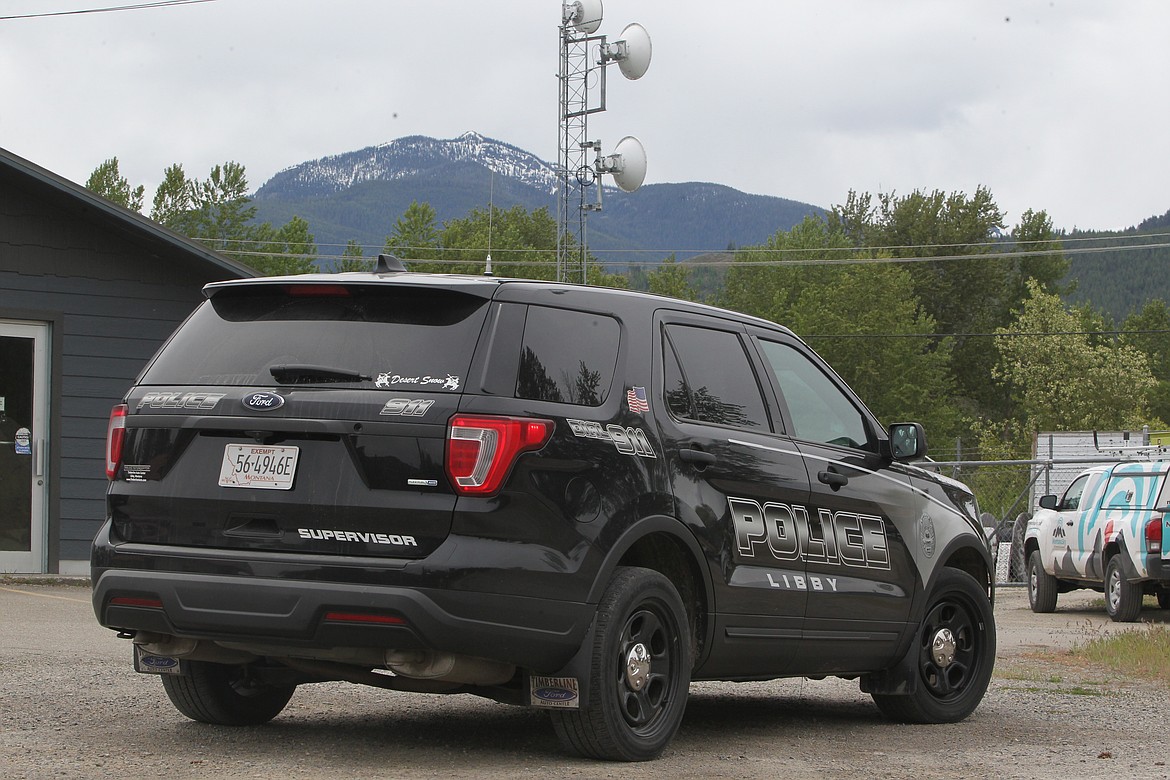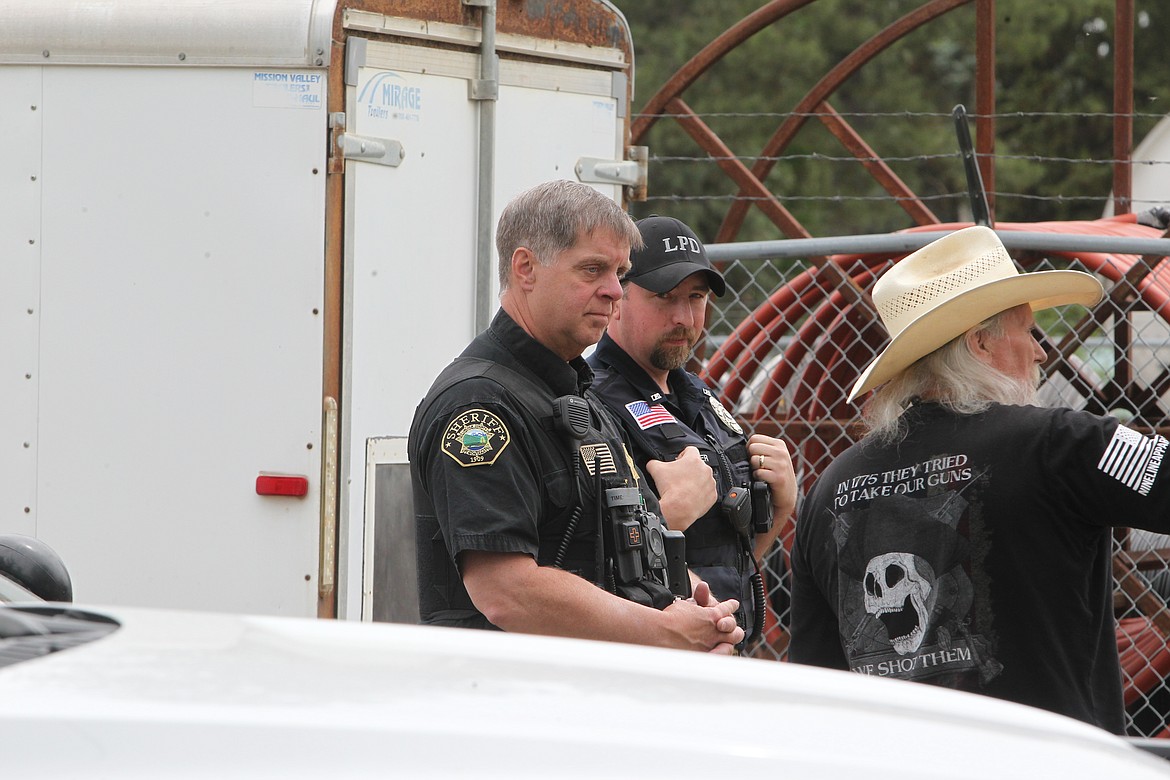Crisis intervention team in the works for Lincoln County
After years of dealing with people on the worst days of their lives, Vanessa Williamson started looking for ways to improve how local first responders intervene in crises.
As a probation officer, she knew many inmates in the Lincoln County Detention Center suffered from substance abuse and mental illnesses...
Become a Subscriber!
You have read all of your free articles this month. Select a plan below to start your subscription today.
Already a subscriber? Login




